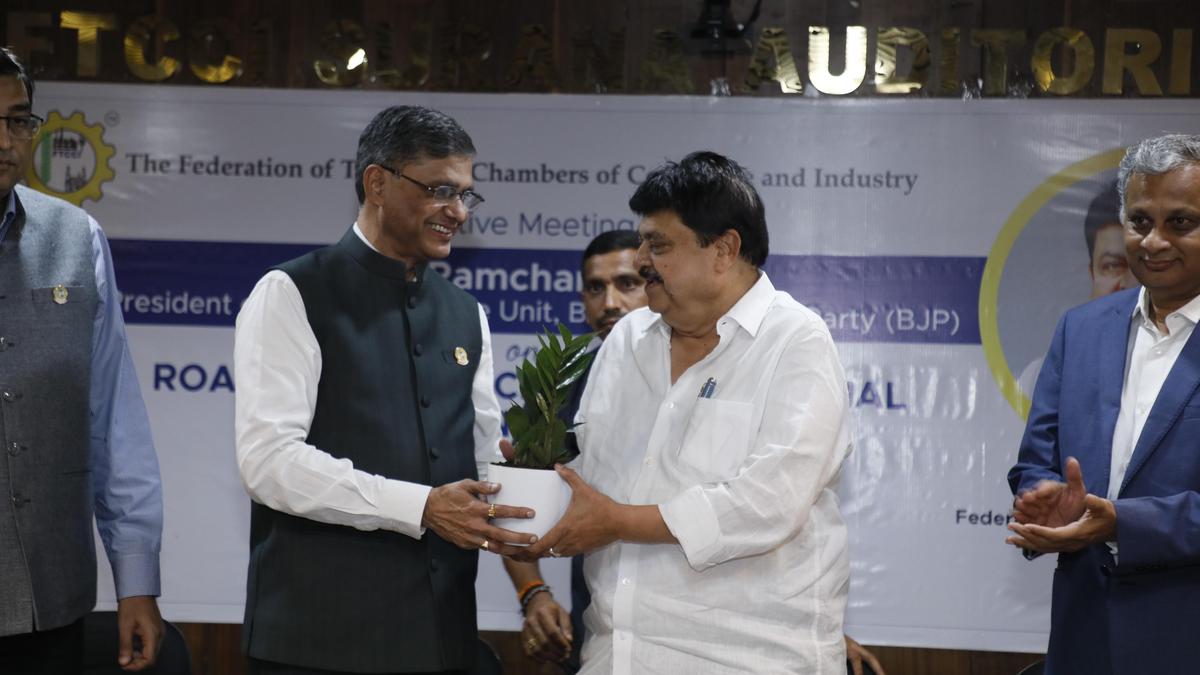Now Reading: HC Seeks Govt. Response on FSL Vacancies
-
01
HC Seeks Govt. Response on FSL Vacancies
HC Seeks Govt. Response on FSL Vacancies

quick Summary
- The Kerala High Court has directed the State government to file an affidavit detailing the status of vacancies in forensic science laboratories (FSLs).
- The court noted delays in obtaining reports and their impact on 529 cases under the Narcotic Drugs and Psychotropic Substances Act that are pending trial.
- A joint meeting of stakeholders was suggested to evaluate these delays and implications for case resolution.
- It was observed that neither the state government nor the kerala Public Service Commission had provided details about FSL vacancies.
- The Bench, comprising Chief Justice Nitin Jamdar and Justice C.Jayachandran, is hearing petitions addressing efforts to combat drug-related issues in Kerala.
- Initiatives such as school protection groups-proposed over a decade ago-were also emphasized as meaningful measures against drug abuse.
- Approximately 300 schools in Kochi reportedly have formed such protection groups.
Indian Opinion Analysis
The directive from Kerala High Court highlights critical infrastructure and administrative gaps affecting timely justice delivery, notably regarding pending narcotics cases reliant on forensic evidence. Filling vacancies within forensic science labs appears vital not just for reducing legal bottlenecks but also for curbing societal issues tied to substance abuse through efficient law enforcement. Meanwhile, the emphasis on school protection groups indicates a multi-layered approach targeting prevention at grassroots levels.While these steps reflect judicial activism promoting systemic reforms, their actual impact depends heavily on coordination between government agencies and rapid implementation.For India, addressing inefficiencies within crime detection processes could serve as a model for other states grappling wiht similar challenges tied to both capacity-building initiatives and social protections.
Read More: [Link provided above]

























